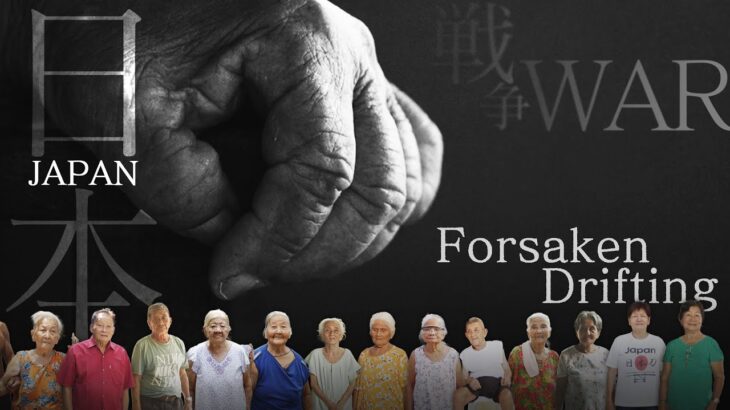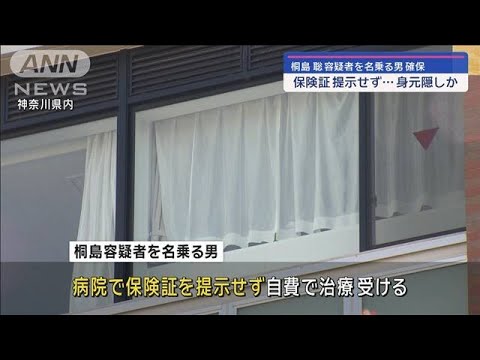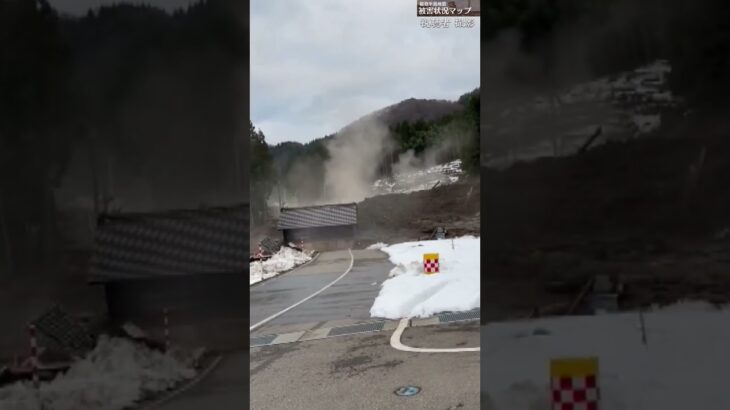Japan’s forgotten people~Scars of war run deep as struggle for citizenship continues in Philippines
Before the war, large numbers of Japanese people immigrated to the Philippines and worked in the cultivation of hemp and other crops. Many of them married local Filipino women and started families. At its peak, the Japanese community in the Philippines numbered 30,000 people. However, when Japan and the United States went to war, those people were compelled to cooperate with the Japanese military.
Children who lost their Japanese fathers in the war (who either lived with their Filipino mothers or were left orphaned) continued to face hardships even after the war. Amidst the anti-Japanese sentiment growing in the Philippines, they not only had to live in hiding but were also designated as “stateless”. This was because at the time in the Philippines, nationality was based on the father’s citizenship.
This was a harsh reality that remained unknown for a long time. Yet as the second-generation individuals grew older, they began to raise their voices to seek the “restoration of their Japanese nationality”. Still, they faced challenges gathering the necessary “evidence” to prove their parentage since many of the documents were lost during the war.
When asked, “Why do you want to become Japanese?” they all unanimously respond, “Because my father is Japanese. Japanese blood runs in me”.
Many Japanese people believe that Japan’s involvement in the war was an event from the distant past. However, their fellow countrymen continue wandering through the never-ending post-war era, waiting for help in a foreign land.
■JapaNews24 – NON-stop Japan’s latest news
https://youtube.com/live/coYw-eVU0Ks
■TV Asahi Official Web
https://ift.tt/U1smTP5
—
フィリピンには戦前、多くの日本人が移り住み、麻の栽培などに携わっていました。現地のフィリピン人女性と結婚し家族を作る人も多く、最盛期の日系人コミュニティーは3万人にのぼりました。しかし、日米の開戦とともに、現地で暮らしていた邦人は日本軍への戦争協力を強いられます。
日本人の父親を戦争で亡くし、フィリピン人の母とともに、あるいは、孤児となって残された子どもたちの苦難は戦後も続きます。激しい反日感情が続く中、身を潜めて暮らすばかりか、当時のフィリピンは父親の国籍に属すると定められていたため「無国籍」として生きることになってしまったのです。
長きにわたり知られることがなかった実態でしたが、高齢となった2世たちが「日本国籍の回復」を求め、声を上げ始めました。ところが戦火で書類が消失しているなど、親子関係などの「証拠」を揃えるのは困難な状況です。
「なぜ日本人になりたいのか?」そう問いかけると彼らは皆、口をそろえて言います。「父親が日本人だから。私には日本人の血が流れているから」だと。
日本が戦争をしたのは遠い昔のこと・・多くはそう思っています。しかし、今も終わらぬ戦後を彷徨い続ける同胞たちが、異国の地で助けを待ち続けています。/a>


















コメントを書く